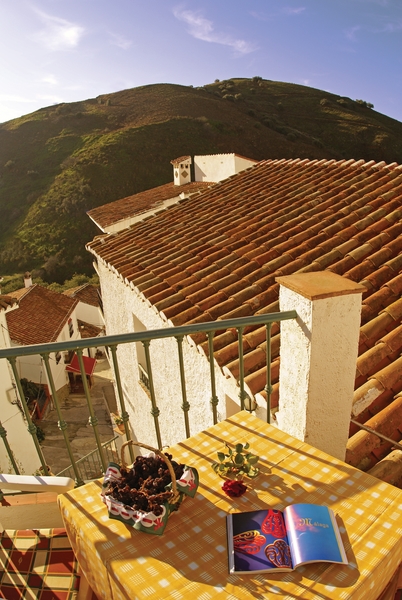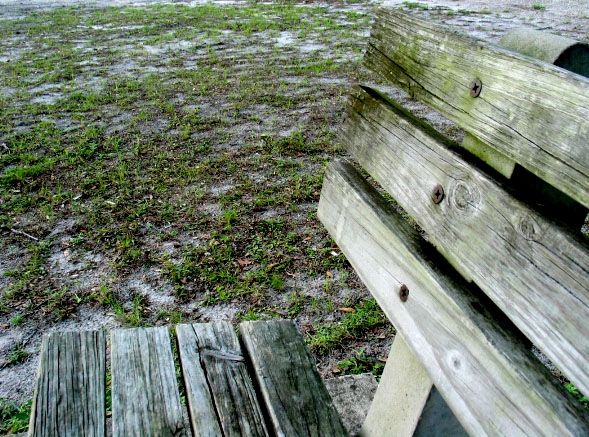By JUAN ANTONIO GONZÁLEZ IGLESIAS
Translated by CURTIS BAUER

Todas y cada una de las cosas
del mundo tienen hoy exactitud
matinal. Esta dulce luz de Málaga
declara una vez más la equivalencia
entre la realidad y el paraíso.
By JUAN ANTONIO GONZÁLEZ IGLESIAS
Translated by CURTIS BAUER

Todas y cada una de las cosas
del mundo tienen hoy exactitud
matinal. Esta dulce luz de Málaga
declara una vez más la equivalencia
entre la realidad y el paraíso.
By JUAN ANTONIO GONZÁLEZ IGLESIA
Translated by CURTIS BAUER

Álvaro Mutis habla lentamente.
Una entrevista en un canal hispano.
Me interesa el desgaste de las cosas.

Editor’s Note:
In October I had the pleasure of hearing the young Polish poet Tadeusz Dąbrowski read his poems in a bilingual performance at Atomic Books in Maryland, a stop on his recent tour of the United States. TC readers will no doubt join me in appreciation of his poems, which are simultaneously deeply moving and surprisingly comic. Hopefully you will also relish my aggressive effort to deliver his work to you. As soon as the reading was done I pursued him to the sidewalk, where I procured a promise that he would send us poems to publish. His word’s as good as his work: we’re offering four of his poems here, and three more will follow in the print issue.
Dabrowski is only thirty-four but has already published eight books of poetry; the list of his prizes is longer than the ingredients for plum pudding. His work has been translated around the world—into twenty languages—and his readership continues to grow. Another German collection is due out very soon, and Antonia Lloyd-Jones’ second volume of English translations is well underway—these poems come from that. He’s drawn high praise from Adam Zagajewski in his homeland, and in the US his Anglophone debut, Black Square, was hailed by Timothy Donnelly as a “brilliant, unforgettable book.” We welcome his work to our pages with sincere excitement.
For every beast of the forest is mine,
and the cattle upon a thousand hills.
Ps. 50:10
. . . And the vixen ascends, staggering,
On all her cinnamon-colored fours.
And the bear shifts his vision forward,
As if it’s a hop-fingered hand.
By ANNA GLAZOVA
thread your fingers through whole hinges
if the opening is blocked if there is no new
no old moon in the window.
By ANNA GLAZOVA
the superior sun will never move
chained into itself by the moving heft.
for us the sun moves and pulls
the heft behind
The dark-winged prostitutes at the bus station in Boston
Look like pleasure boats or better sharp-breasted bathing beauties
At full sail on the waters of Saint-Malo
But this analogy like cheap shorts is too tight
And chafes your thighs
Lying suspended over a lake. She can see her entire self on the surface of the water. Every now and then circles appear and expand, distorting the image. At times she looks at her reflection with sadness, at times she chokes with bitterness and tries to escape, to turn over or stand in the air. But it’s no use, she is totally fixed—as if fastened with unseen ropes.
Thick fog passes underneath. When it shrouds the view below, she feels euphoric, she feels herself turn inside out, revealing attractive short hair and two ears with seven rings in each, revealing her perfectly feminine form. She is fragrant with the scent of lemon.
Translated by DON SHARE
Everything is filled with you,
and everything is filled with me:
the towns are full,
just as the cemeteries are full
of you, all the houses
are full of me, all the bodies.
Translated by DON SHARE
Morgualos love chimneys, white cotton shirts, the agapanthus, a tree called the seven-skin, the scent of fresh cilantro as it falls into soup, the sound of church bells, and days without clouds.